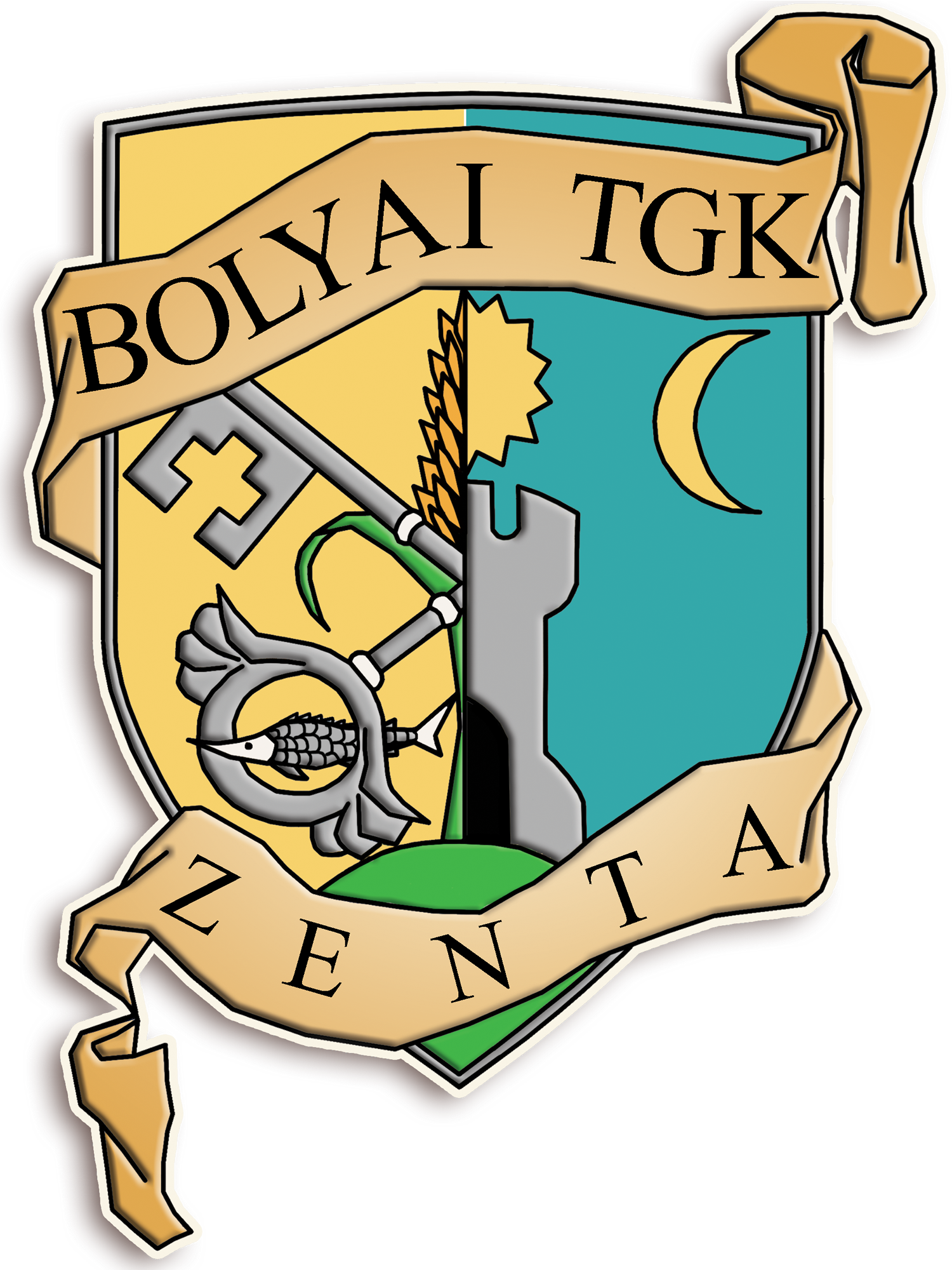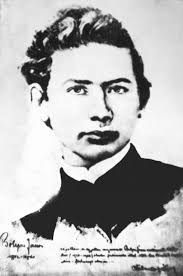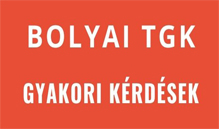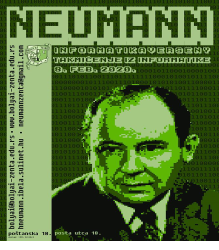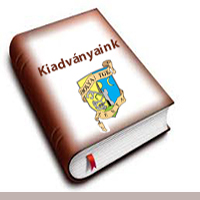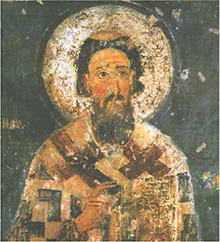ABOUT BOLYAI
János Bolyai (1802-1860)
János Bolyai was one of the most original and forward-thinking mathematicians of all time. His work was ahead of his time. Without Bolyai’s geometry, ’’the new and different world,” it would be impossible to operate modern devices like rockets or satellites.
He was born on December 15, 1802 in Kolozsvár. His father, Farkas Bolyai, was a teacher at the Evangelical Catholic College in Marosvásárhely and a correspondant member of the Hungarian Academy of Sciences. He was one of the first mathematicians of his time, and the most important mathematician of his nation to date. János Bolyai completed the sixth year of his grammar school studies at age 12 and, at age 15, he continued his education in Vienna. He graduated from the Royal Engineering College with excellent results, and at 24, he received the rank of capitain. In the army Bolyai was a first-rate mathematician, a brilliant violinist and an excellent and skilled fighter. In 1833, in accordance to his wishes, he was honourably discharged from the army. He spent his retirement in Marosvásárhely and on the family’s property in Domáld. Bolyai was at the top of his mathematical career in the 30’s. But the last fifteen years of his life were spent in seclusion, away from the scientific community.
His epoch-making discovery of absolute geometry was published in Latin in a work called Appendix in 1831, as an appendix to his father Farkas Bolyai’s work Tentamen. His work was not given due value and appreciation by his contemporaries – with the exception of Gauss. Nevertheless, the questions Bolyai asked and the research he conducted were pertinent in his time. This is shown by the fact that another mathematician, the Russian N.I. Lobachevsky, reached similar conclusions (indendently of Bolyai) and published his findings in 1829-30. János Bolyai’s findings are significant for another reason – he accomplished his work in seclusion, under tremendous financial strain, away from the community of scientists and the possibilities that would have improved conditions for research. Despite this, beside his work in non-Euclidean geometry, he wrote important and, for his time, modern works about the theory of complex numbers, under the title Respensio in 1837. Furthermore, Bolyai also studied mathematical field theory. The fact that he was never appreciated left the mathematician distraught, and he died alone on January 27, 1860 in Marosvásárhely. His remains were exhumed in 1911 and, as part of a great ceremony honouring the mathematician, placed in a common grave with his father’s ashes.
